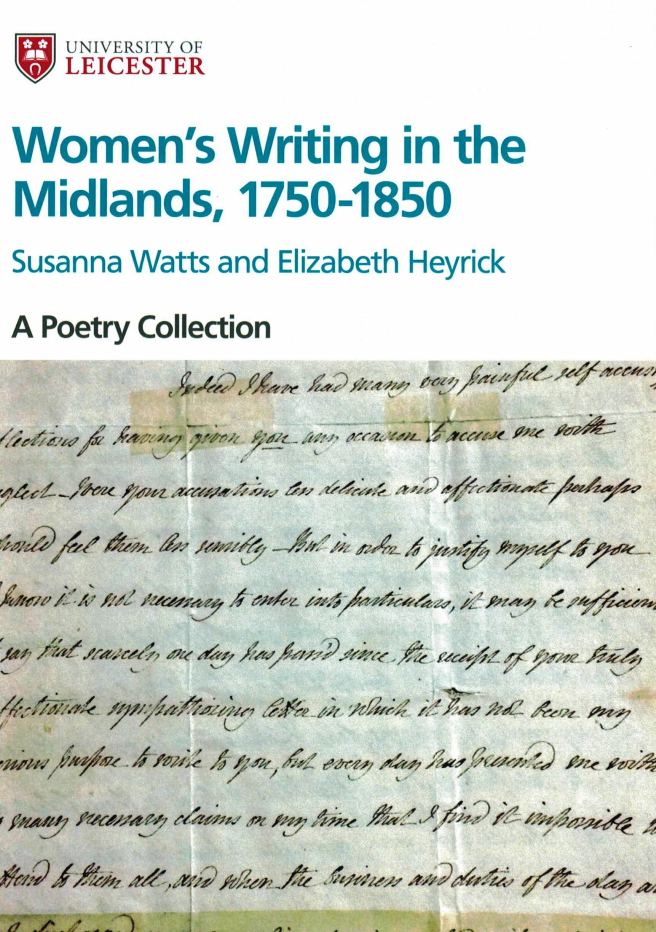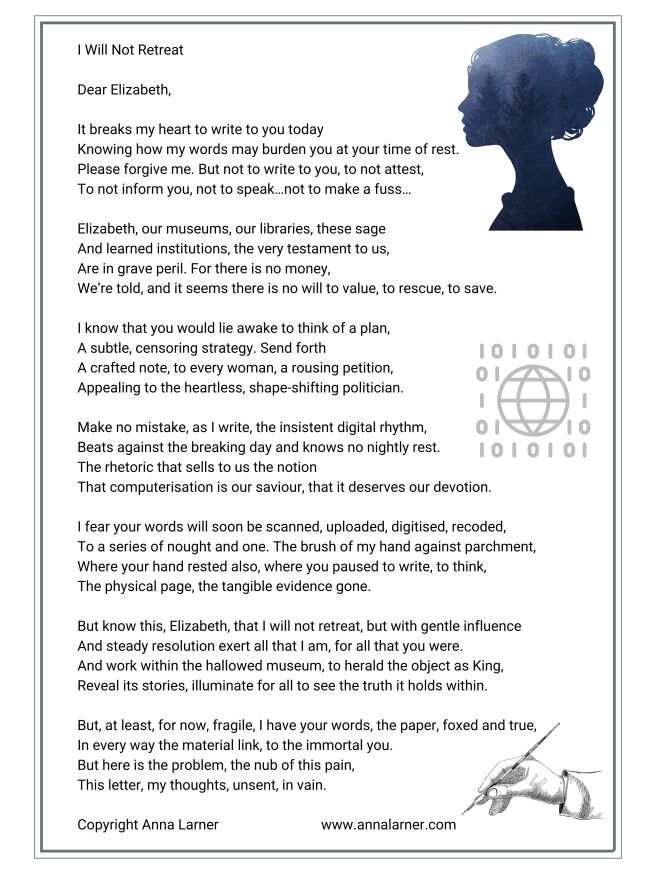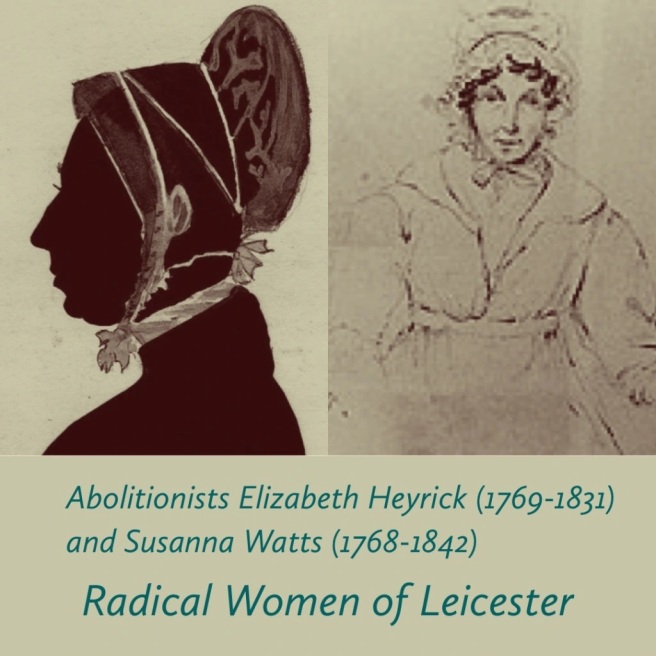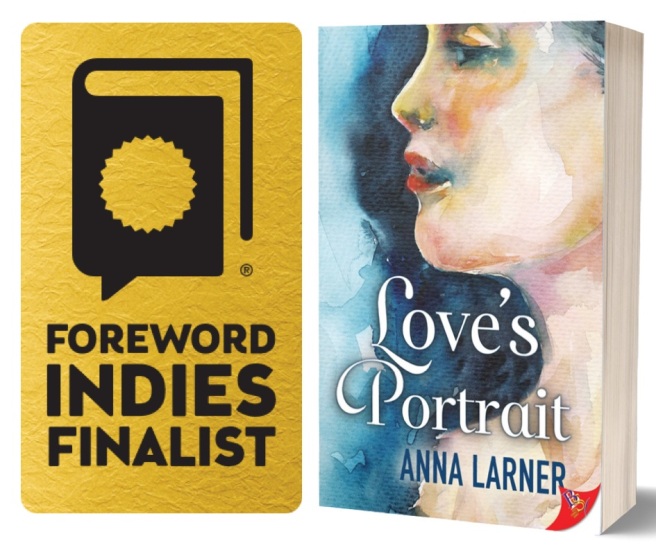
Radical Women
In November 2017, I attended the writing workshop exploring the work of 19th Century Leicester campaigners, female abolitionists Elizabeth Heyrick and Susanna Watts.
Female Abolitionists
Known as part of the Radical Women of Leicester for their campaigning publications and bold feminist poetry, Elizabeth Heyrick and Susanna Watts spoke out on a range of social and political topics. This included the abolition of slavery, workers’ wages and prison reform, and campaigns against cruelty to animals.
I was invited by Leicester University’s Centre for New Writing to submit a piece of creative writing inspired by the workshop.
Epistolary Poem Form
The resulting poem, ‘I Will Not Retreat’, written as a letter in the epistolary poem form, is an appeal to Elizabeth Heyrick as if she were able to help with today’s fight to save our museums and libraries from Government cuts. The accompanying footnotes make the link between the content of the poem and the approach and concerns expressed in Elizabeth’s work.

Susanna Watts & Elizabeth Heyrick
Footnotes:
1 In Elizabeth Heyrick’s publication The Hummingbird, 1825, there is a treatise entitled ‘On Theme Writing’ (p249). Within this piece Heyrick makes the link between the value we gain from historical knowledge and the rules for life we draw from it. Given how much she valued historical information it would be highly likely that she would have campaigned against the closure of museums and libraries, our important repositories of learning. ‘Of what avail is it to acquire historical or biographical knowledge, if we do not draw from it rules by which to judge the conduct of others – and for a purpose infinitely more important – to regulate our own?’
2 In Elizabeth Heyrick’s pamphlet entitled ‘A Christmas-Box &c’, dated 1809, from her collection of ‘Treatises by Elizabeth Heyrick’, Heyrick reveals the great concern she has for the causes she cares about. ‘I must begin by assuring you, that my concern for your welfare is so great, that I have lost many hours’ sleep in thinking how my good intentions towards you can be best accomplished.’
3 In Elizabeth Heyrick’s pamphlet entitled ‘Appeal, &c’, dated 1828, ‘Appeal to Hearts’, from her collection of ‘Treatises by Elizabeth Heyrick’, Heyrick describes her strategy for effective campaigning by women. ‘No cruel institutions or ferocious practices could long withstand her avowed and persevering censure.’
4 In Elizabeth Heyrick’s pamphlet entitled ‘Appeal, &c’, dated 1828, ‘Appeal to Hearts’, from her collection of ‘Treatises by Elizabeth Heyrick’, Heyrick refers to the leading belief of men ‘that Woman’s noblest station is retreat.’ She counters this argument with the words ‘there is no calculating the extent and importance of the moral reformations which might be effected through the combined exertion of her gentle influence and steady resolution.’
Female Abolitionists – Elizabeth Heyrick and Susanna Watts

This workshop inspired the fictional characters Edith Hewitt and Josephine Brancaster for my best selling lesbian romance novel Love’s Portrait.

